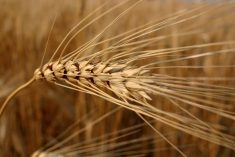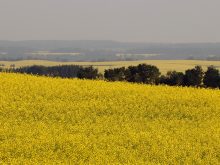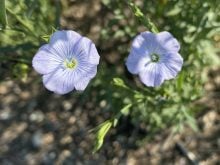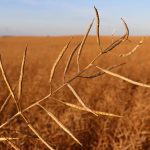After living through a crop failure, a mosquito plague, a barn fire and the dead cold of winter in uninsulated, hand-built pioneer cabins, four television pioneers now have a good idea what prairie settlers went through.
The four pioneers said they were sad when it was time to leave their homesteads forever on May 1.
And they said they understood why today’s farmers fight so hard to stay on the land.
“There’s something so rewarding about working on that land, planting it, reaping from it, caring for those animals who then produce for you,” said Deanna Treadway.
Read Also
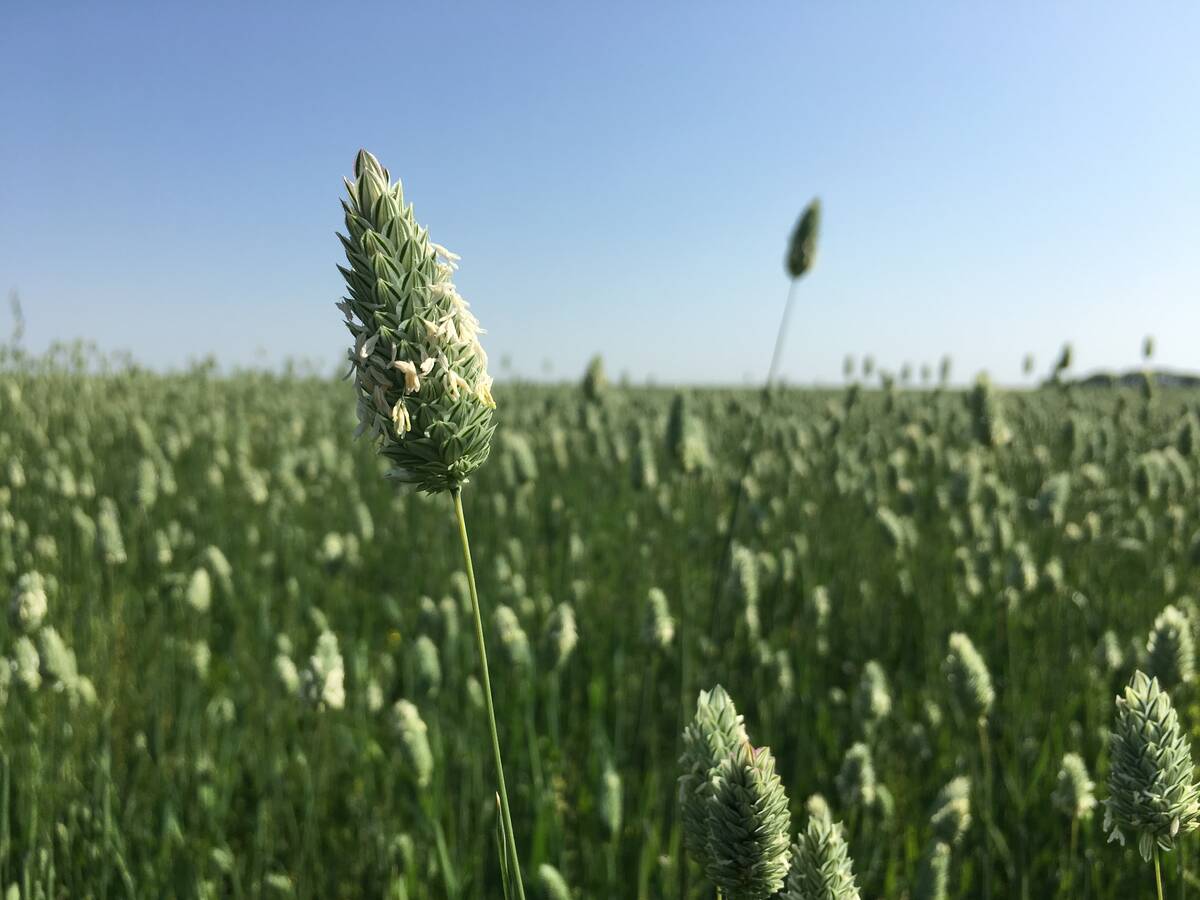
No special crop fireworks expected
farmers should not expect fireworks in the special crops market due to ample supplies.
The History Channel, which is available on most cable and satellite TV services, has been running a year-long series on the experiences of two couples who agreed to homestead unbroken land exactly as the pioneers did in the 1870s.
The show has been popular. The History Channel claims Pioneer Quest: A Year in the Real West has been its most popular show. Its third episode was the highest-rated documentary ever made for Canadian cable television. It has recently been sold to the British Broadcasting Corp.’s satellite cable service.
Series creator Jamie Brown said city people loved the show because it made real the mythic stories they had been told of their ancestors – the original pioneers.
“People would come up to me in the street and tell me about what their grandparents and great-grandparents had done,” Brown said.
He said the rigorous conditions endured by the TV pioneers were as close to real 1870s conditions as possible.
For instance, the Treadways were only allowed to see their three grown sons once during the entire year, although they were allowed to receive letters.
They weren’t allowed mosquito repellent and they had to wash their clothes on washboards.
That made their experience different from the experience of today’s farmers, but Brown thinks there are still some similarities.
“One of the things I hoped from the beginning of this was people would realize how tough farming is and just like (the TV pioneers), you’re at the mercy of the elements.
“You may have planned everything appropriately, you may be out there working your butt off, and then it pours rain for 20 days and washes everything out.”
A heavy rain that flooded the field wiped out the first vegetable crops planted by the two couples. Commercial farmers in the area suffered the same fate, Brown said.
Neither of the two couples had farming experience. Tim and Deanna Treadway come from Kenora, Ont., where Tim worked as a carpenter.
Frank and Alana Logie come from Fergus, Ont. Frank is a millwright and Alana is a nurse.
They had to learn how to plow by hand, plant and harvest a crop, can chickens, milk a cow, and a thousand other tasks that most city residents and farmers today no longer do.
Frank said it took them all summer to learn how to plow properly. They would have been more effective if they had been able to plant a second crop, he added.
In an interview a few hours after they left their log homesteads, the couples said the hard work was exhausting, but something they now treasure.
“You learned how satisfying hard work is,” said Alana, who hasn’t worn trousers for a year because the pioneers were required to wear 1870s-style clothes.
“You don’t need all this extra stuff.”
All four pioneers said their worst experience was dealing with the swarms of mosquitoes and flies created by the wet weather.
Compared to that, winter was easy.
“It was wonderful, after the mosquitoes,” Alana said.
“I didn’t care how cold it got. It was nice to be left alone.”
Deanna said she was surprised she and Tim didn’t get on each other’s nerves.
“Spending time with my husband, all day, 24 hours per day, was something we never thought we would cherish so much.”
Frank said he loved the solitude, quiet and peace of a life on the land, even if backbreaking work was a daily feature.
He’s becoming anxious now that he’s heading back to the “real world” of jobs, rent and taxes. “I’m not looking forward to it,” he said.
“I think in a week we’ll want to be back there, relaxing. Living a life where we know what we’re doing. Both of us would like to live a lot more naturally and spend more time with each other and not be working for the material things.”
Alana said pioneering had good health effects, even though most of their food was fried in lard.
Her asthma and allergies, which were always part of her life, disappeared in the homestead. The allergies didn’t reappear until she got into the limousine that picked the two couples up that morning. She started sneezing soon after that.
“It was a healthy lifestyle out there.”
Even though he loved his life as a pioneer, Frank doesn’t plan to take up farming.
“I would never want to be a major farmer,” he said.
“The work they go through, they have as stressful a job as any city job. I don’t think I would want that.”
The couples each earned $100,000 from the show’s producers for staying on the homestead for the entire year.





